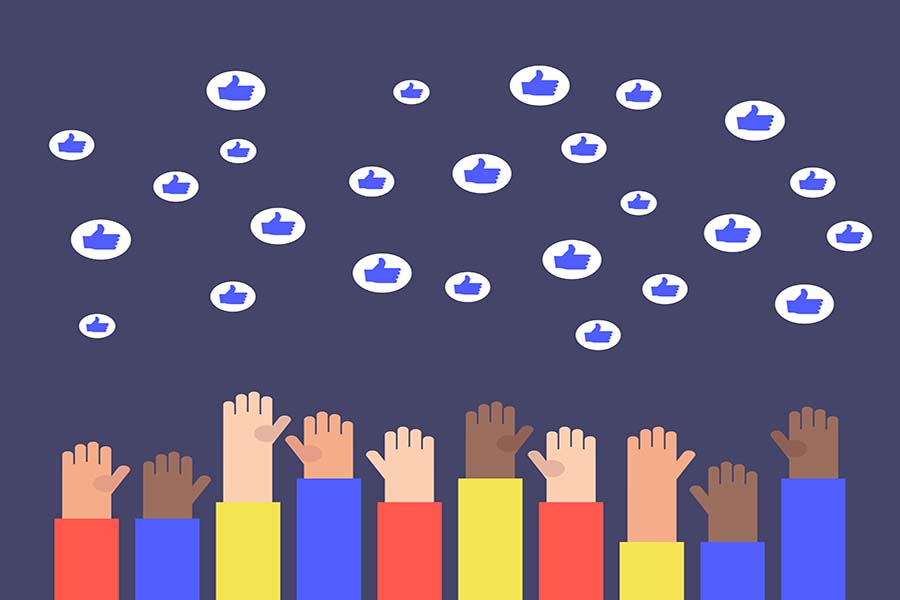
By Dr Katy Dineen, Research Fellow
Jubilee Centre for Character and Virtues, University of Birmingham
What does friendship mean in a world of clicks, likes, emojis and pokes? The idea of a ‘friend’ is becoming increasingly unrecognizable; from a noun denoting some form of sanctuary, sympathy and simpatico to a verb conferring social status (or, in the case of ‘unfriending’, a lack thereof).
Clearly, real friendship predates social media. In fact, most contemporary philosophical accounts of friendship draw on Aristotle’s exploration of the concept as resting on conscious, reciprocal goodwill between two persons (Kristjánsson, 2006). Aristotle distinguished three kinds of friendships: friendship for utility, friendship for pleasure, and character friendship (or true friendship) (ibid. p, 250). Friendship for utility is a friendship with another that benefits me personally in some way; friendship for pleasure is based on how affable my friend appears to me; while, within character friendships, “friends love one another because of their respective virtuous characters and wish good for one another, each for the other’s own sake (ibid.).”
Character friendship is the sort of relationship wherein friends respect and admire each other’s personhood; it is an enduring bond of trust, faith and hope. It is far removed from clicking ‘like’ on a Facebook post sharing a ‘friend’s’ accomplishment, all the while feeling a twinge of competitiveness and envy. And it is not the targeted ‘friending’ of social media influencers. My true friends may not have 40,000 Instagram followers, but I can depend on their genuine desire to see me enjoy a flourishing existence.
Is social media to blame for this movement of friendship from noun to verb? An ex-talent scout recently commented in response to this year’s line up on Love Island that “who you’re friends with matters” after noticing that “most of the contestants already seem to have a social media following.” So has friendship diminished from an integral part of one’s existence to a mere number of followers or likes on your post? Not necessarily. For one thing, our well-being might be influenced by the company we keep online; research shows that our emotions can be influenced by contact we have with Facebook friends. Moreover, research into how we communicate using social media supports the link between character friendship and well-being online. The study shows that receiving communication targeted towards us from ‘strong ties’ was associated with improvements in well-being, while viewing friends’ wide-audience broadcasts and receiving one-click feedback were not (Burke and Kraut, 2016). With our true friends, social media can be a useful tool to facilitate our mutual well-wishing; what a reality TV show scout thinks of these friends is irrelevant.
- More about Katy Dineen at the University of Birmingham
- Back to Social Sciences Birmingham
- Follow the Jubilee Centre on Twitter: @JubileeCentre1
- This blog was originally published on Virtue Insight

I myself, can totally agree and relate to these paragraphs. I am a social media user and I think it is totally pointless to see what other people have to post in their daily lives. Sometimes I even wonder why I don’t just delete all my social media apps. I do use Facebook to be in contact with my family from across the continents, to see how they are doing. The app Instagram has disabled the like count that was originally displayed to followers and any viewers in hopes to make the social media platform a comfortable place where users can express themselves and focus on photos and videos instead o the likes. The stress of counting the likes can be a burden on our mental health.